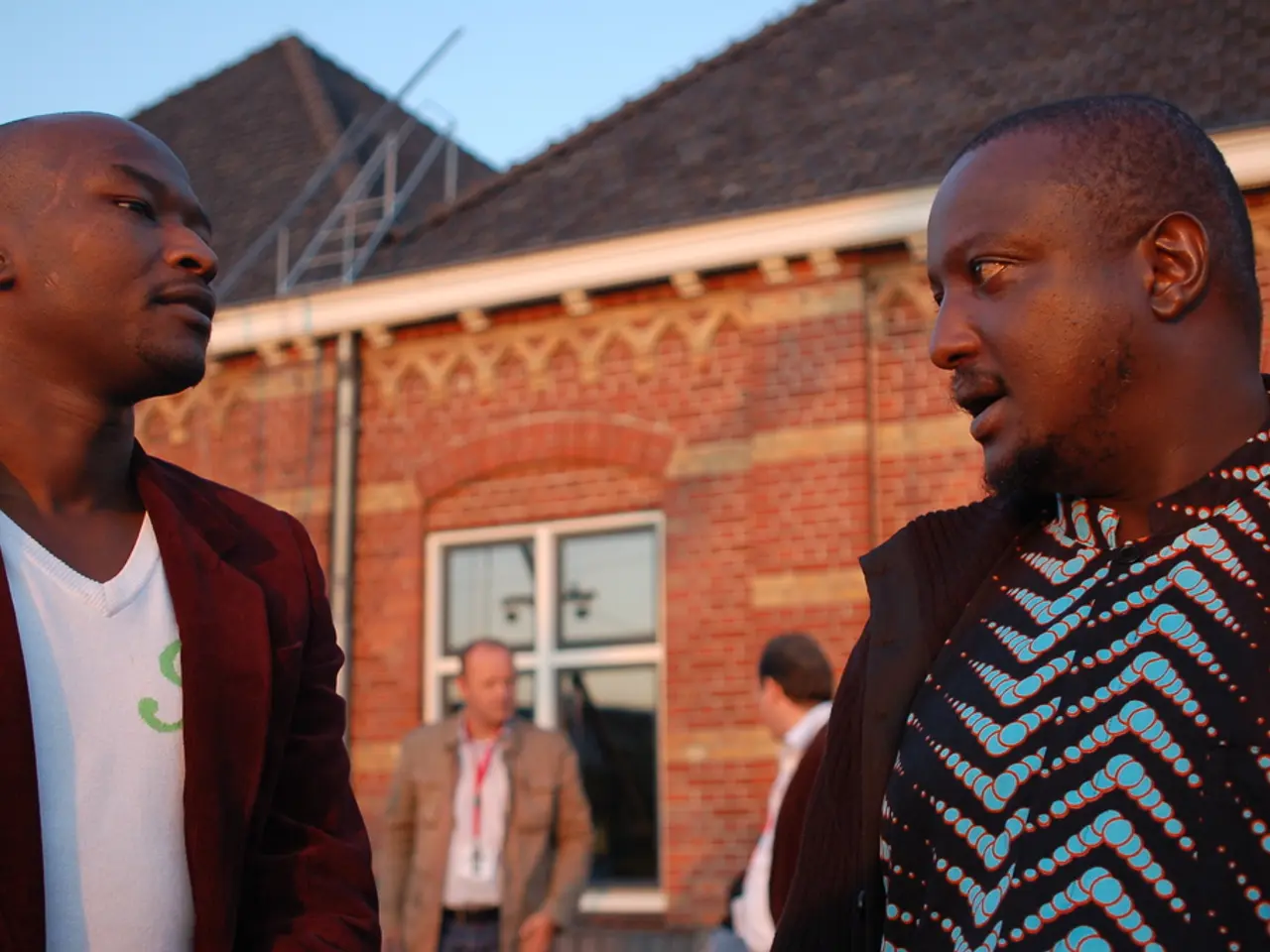Potential showdown between Ruto and ODM leader projected for presidential election in 2027
Kenya's 2027 general election is expected to result in a runoff, as divided voter sentiments, political rivalry, and key issues shaping voter preferences create a contested and fragmented race.
Raila Odinga and William Ruto are the two most likely candidates for the presidency in 2027. Odinga, with a strong support base in Nyanza, Western Kenya, and the Coast, and Ruto, who retains significant support in the Rift Valley, are set to face off in a closely fought contest.
However, the political landscape is far from unified. The Mount Kenya vote, traditionally a unified bloc, is showing signs of internal fracture, with Mount Kenya East leaning toward Ruto and a big chunk under Rigathi Gachagua's influence attempting to consolidate its base. The Luhya vote in Western Kenya is splintered between Odinga, Ruto, Gachagua, and emerging parties, adding to the election's complexity.
The youth, particularly Gen Z, in Kenya represent a potentially transformative demographic, but their political engagement remains uncertain. The 22.1 million voter register remaining intact from 2022, combined with the rising "Gen Z wave," indicates a large, youthful, and potentially volatile electorate whose diverse preferences could split votes across multiple candidates.
The election is framed as a contest between economic models, with Moses Kuria highlighting a major issue likely to shape voter behavior as a choice between "Real Jobs Via Production" versus an "Economics of Handouts." This economic debate could polarize voters and create no clear majority, increasing the likelihood of a runoff.
Junet Mohamed described the 2027 election as a referendum on Kenya's political culture, particularly on ending the "politics of exclusivity" and "entitlement." This suggests contested leadership claims and an electorate divided on who is fit to lead, which could contribute to no outright winner emerging, triggering a runoff.
The division of the "house of mumbi" undermines the historical unity that has often delivered decisive victories. Meanwhile, the ongoing political rhetoric and debates around the credibility of the Independent Electoral and Boundaries Commission (IEBC) may affect public perception and participation dynamics. Past shortcomings acknowledged by the IEBC, such as tallying problems and misinformation, can undermine confidence and polarization, factors that often contribute to no candidate getting a clear majority.
Political coalitions are likely to be weaker than ever in 2027, making a first-round victory nearly impossible. A runoff in the 2027 election could result in unexpected outcomes, with voters potentially rejecting the incumbent in favor of change.
References: [1] Economic Debate: https://www.standardmedia.co.ke/politics/article/2001378282/moses-kuria-railas-economic-model-is-a-disaster-for-kenya [2] Electoral Integrity and Trust: https://www.standardmedia.co.ke/politics/article/2001378283/iebc-chair-wafula-chebukati-admits-mistakes-and-misinformation-in-2022-election [3] Politics of Exclusivity and Entitlement: https://www.standardmedia.co.ke/politics/article/2001378284/junet-mohamed-2027-election-will-be-a-referendum-on-kennys-political-culture [4] Amref Reveals Plane Crash Victims: https://www.standardmedia.co.ke/politics/article/2001378285/amref-reveals-names-of-plane-crash-victims [5] Kalonzo Musyoka's Political Future: https://www.standardmedia.co.ke/politics/article/2001378286/kalonzo-musyokas-political-future-remains-uncertain-historical-patterns-suggest-he-may-gravitate-toward-raila-odinga-or-william-ruto
- The Kenyan election in 2027, marked by a deep economic divide with the debate centered on job creation versus handouts, could polarize voters, making it challenging for any candidate to secure a majority in the first round, leading to a runoff.
- The political landscape in Kenya is highly fragmented, with key constituencies such as the Mount Kenya vote splintered, the Luhya vote divided among multiple candidates, and the youth's political engagement uncertain, all of which contribute to a complex and divisive election process.
- The debate on Kenya's political culture, as described by Junet Mohamed, emphasizes the need to end the politics of exclusivity and entitlement, suggesting a voter base that is divided on who is fit to lead, increasing the likelihood of a runoff in the 2027 election.







